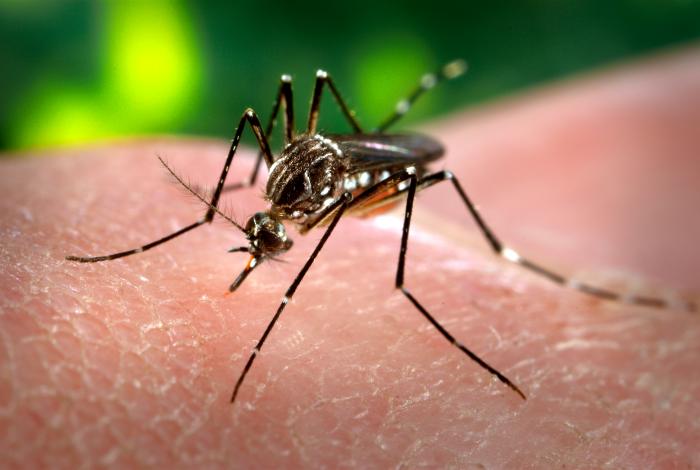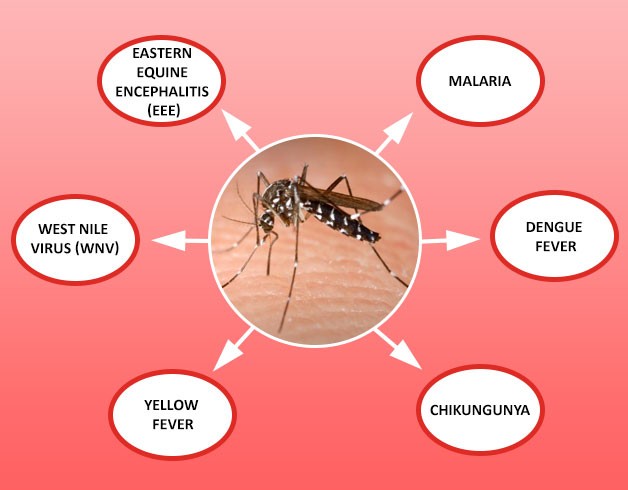 Every rainy season, southeast Asians dread the arrival of mosquito-borne diseases. About one million people across the world die from them each year.
Every rainy season, southeast Asians dread the arrival of mosquito-borne diseases. About one million people across the world die from them each year.
In 2011, scientists first injected the bacterium Wolbachia pipientis into the eggs of mosquitoes.
This bacterium blocks the ability of a mosquito to spread deadly viruses such as dengue and Zika virus.
Recently, scientists have found results to show how effective their attempts have been.
Injecting Wolbachia
Over the years, scientists have experimented with multiple techniques to prevent mosquito-borne diseases.
Scientists in Africa released genetically modified mosquitoes, only to find that the mosquitoes had developed characteristics that made them immune to changes in their DNA. Besides unpredictable results, genetic engineering is expensive and it is almost impossible to modify all the mosquitoes in the world.

Another approach is armoring mosquitoes against harmful viruses, thus preventing them from spreading infections. The bacterium, Wolbachia pipientis, is naturally found in some insects which are unable to spread diseases.
Scientists decided to inject the same Wolbachia into other mosquitoes that spread infections, such as Aedes aegypti, to see if it would halt their ability to transmit viruses. When Wolbachia inhabits a mosquito it competes with other viruses to survive. This leads to slower reproduction of viruses which makes the mosquito less likely to transmit viral infections.
Wolbachia is safe for animals and people -- if mosquito bites transfer Wolbachia into humans or animals, it will not cause any harm to their health.
Injecting Wolbachia does not modify the genetic material of the mosquitoes which can result in immunity in mosquitoes. This technique does not decrease the population of mosquitoes, instead, it stops their ability to spread infection. The bacteria are transmitted from one generation to the next through mosquito eggs.
Results
Trials were first conducted in Australia in 2011. After proving that their method works, scientists were able to release mosquitoes with Wolbachia in more countries.
As of 2019, this project has been implemented in twelve different countries. Before starting the process, the community and the government are asked for approval.
Studies by the World Mosquito Program have discovered that there is a 76% reduction in the rate of dengue in Indonesia since mosquitoes with Wolbachia were released two and a half years ago. In Niteroi, Brazil, there were 75% fewer chikungunya cases.
The World Mosquito Program hopes to release more mosquitoes injected with Wolbachia to prevent disease outbreaks caused by mosquitoes.
Sources: NPR, Sciencemag, CDC, WedMD, World Mosquito Program, NIH






